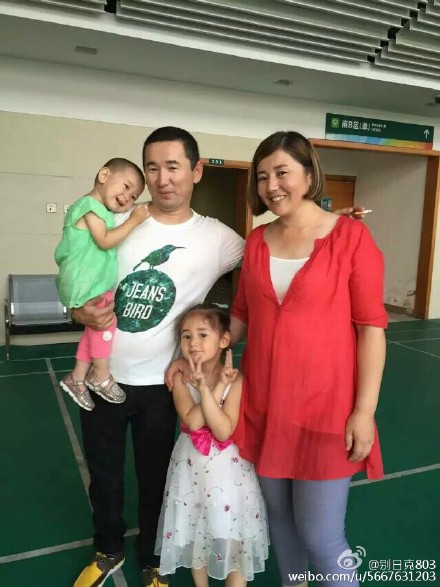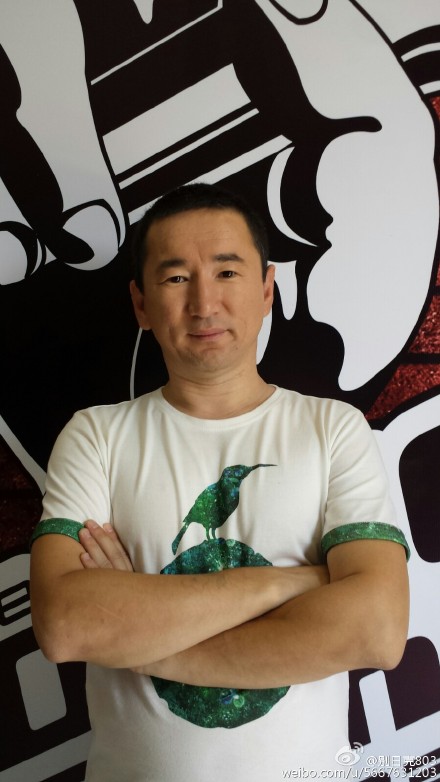35-year-old ethnic Kazakh Berik Iklas from a small town of Karamai in Xinjiang Uyghur Autonomous Region in China has amazed the juries of the Voice of China singing contest, a Chinese version of world renowned The Voice, Tengrinews reports. The show airs on Zhejiang Satellite TV every Friday night.
For blind auditions stage, in which four coaches, all of them are well-known Chinese musicians – Harlem Yu, Wang Feng, Na Ying and Jay Chou - listen to the contestants in chairs facing away from the stage so that they do not see them, Berik sang a rhythmic Spanish song called Señorita. He managed to impress not only the juries, but the entire audience.
Three out of four coaches, except Jay Chou, pressed the red button and turned to Berik. In the end Berik chose to be part of Wang Feng’s team.
Having successfully passed the blind auditions stage, Berik and other participants will proceed to a much tougher stage – the battle round - where each of the coaches puts two of their own team members against each other to sing the same song together during the show, whereupon the coach has a hard decision to make – only one participant from each pair is given the chance to progress to the next stage.

Berik with his children
In an interview, Berik said that he had been singing since his childhood and had been dreaming about this moment since he was 15.
 .
.
Berik and his family
He and his spouse are raising two daughters, who are his most faithful fans.

Berik Iklas
Last year, another ethnic Kazakh Taskyn from Urumqi also took part in the Chinese contest. When he first sang, none of the coaches chose him. However, when he sang Kazakh folk song Dudarai, the juries shed a tear and gave him the second chance, albeit he did not reach the final after that.
Reporting by Aizhan Tugelbayeva, writing by Assel Satubaldina

